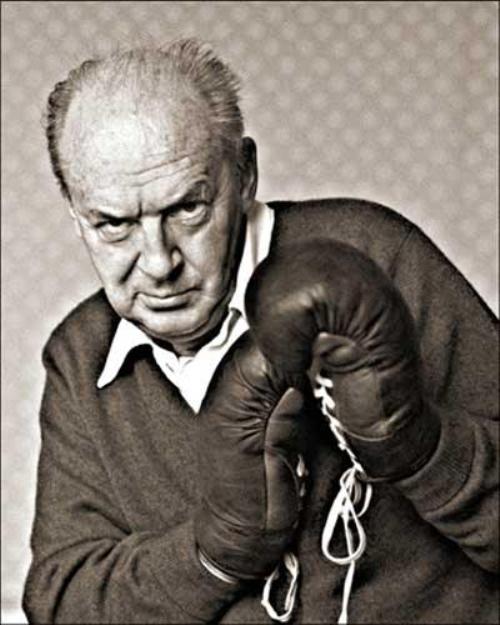Only the dawn moved in the stillness of that small prison yard -- the dawn ushering in death, as the young Loyalist stood facing the firing squad. The preliminaries were over. The small group of officials had stepped to one side to witness the end and now the scene had tightened into ominous silence.
Up to the last, the Rebels had hoped that a reprieve would come from Headquarters, for although the condemned man was an enemy to their cause, in the past he had been a popular figure in Spain, a brilliant writer of humour, who had contributed much to the enjoyment of his fellow countrymen.
The officer in charge of the firing squad knew him personally. Before the civil war they had been friends. Together they had been graduated from the university in Madrid. Together they had worked for the overthrow of the monarchy and the power of the Church. And together, they had caroused, had sat at nights around cafe tables, had laughed and joked, had enjoyed evenings of metaphysical discussion. At times they had argued on the dialectics of government. Their technical differences were friendly then, but now those differences had wrought misery and upheaval all over Spain, and had brought his friend to die by the firing squad.
But why think of the past? Why reason? Since the civil war, what good was reason? In the silence of the prison yard these interrogative thoughts ran feverishly through the officer's mind.














